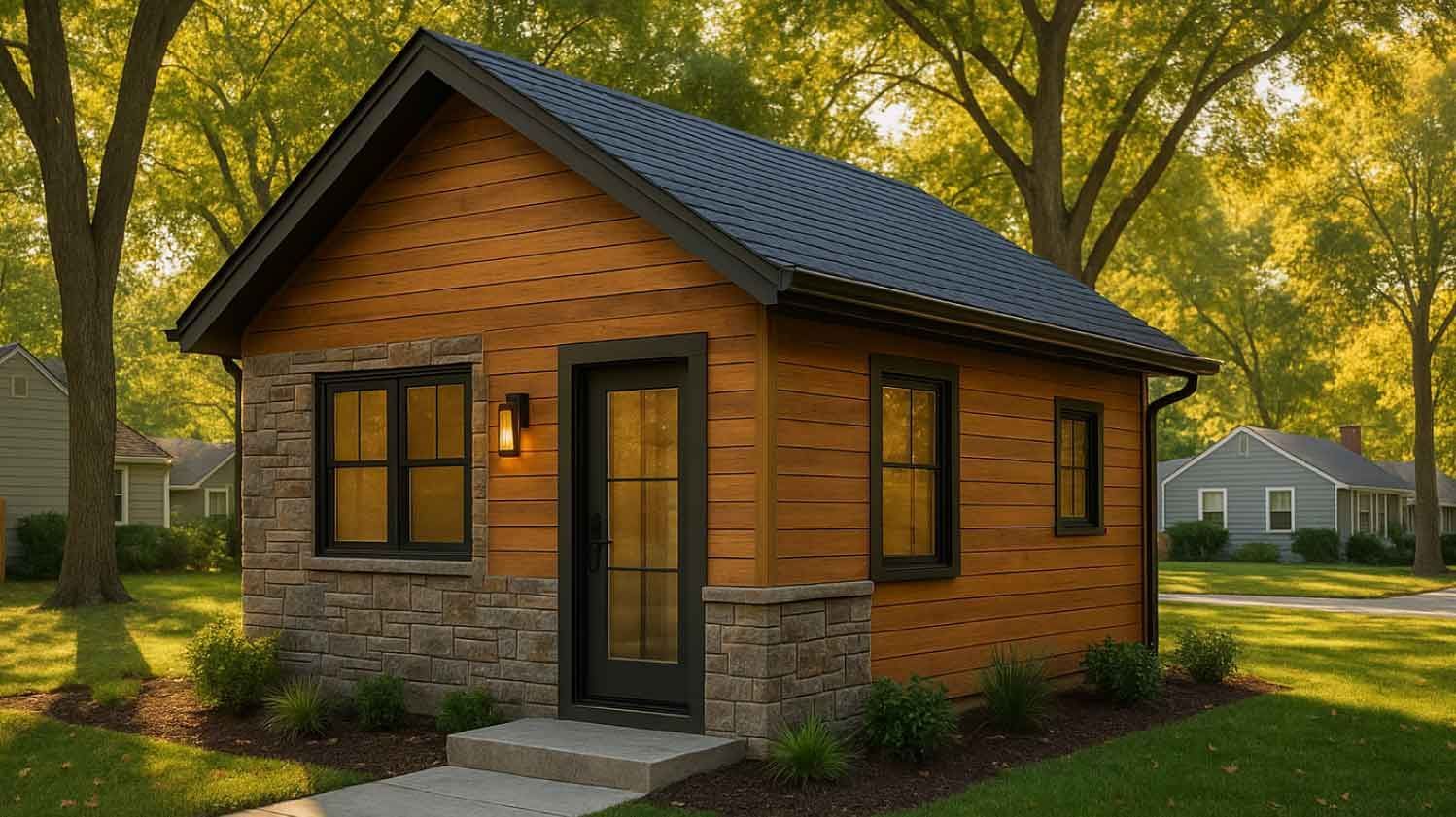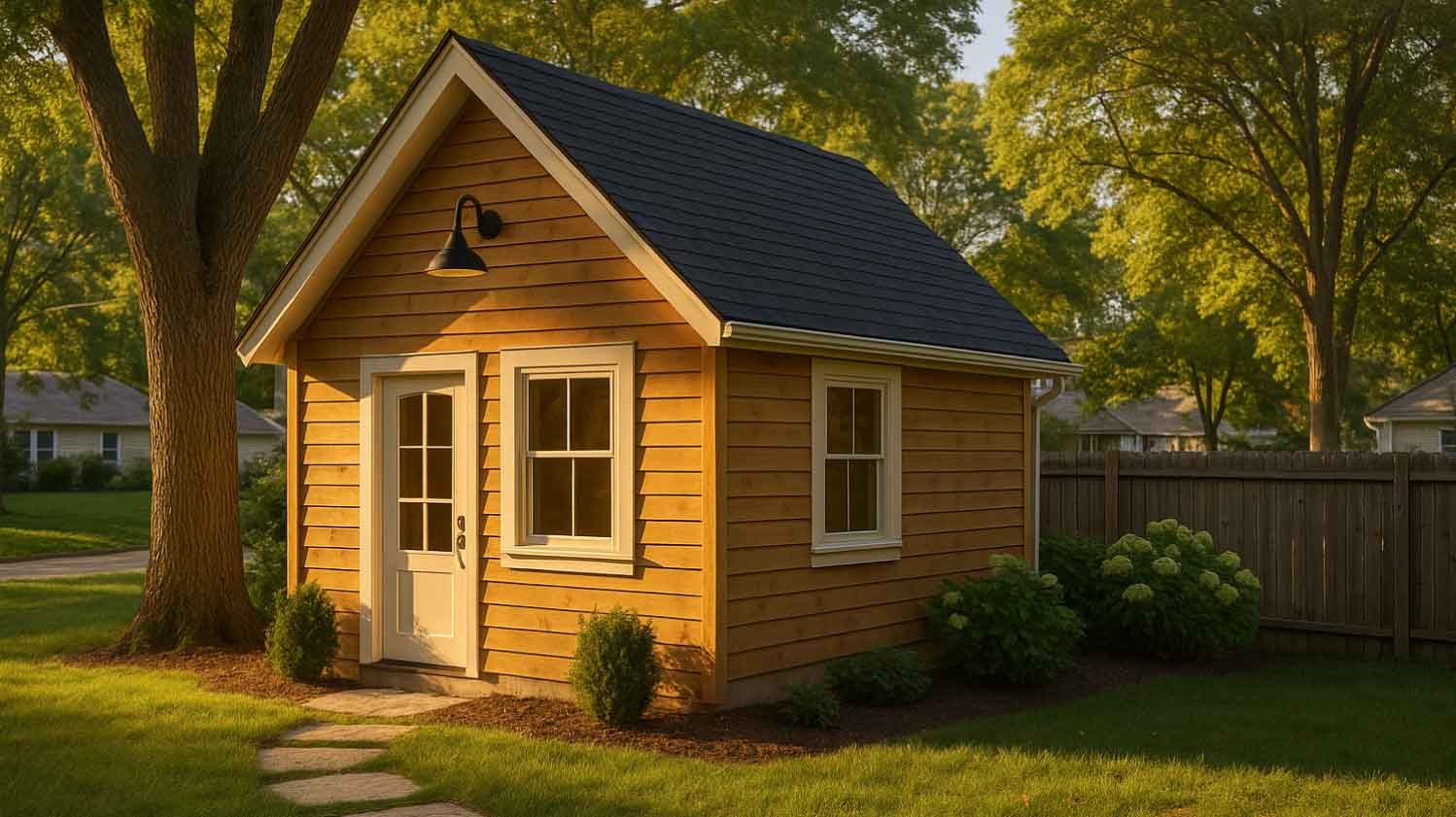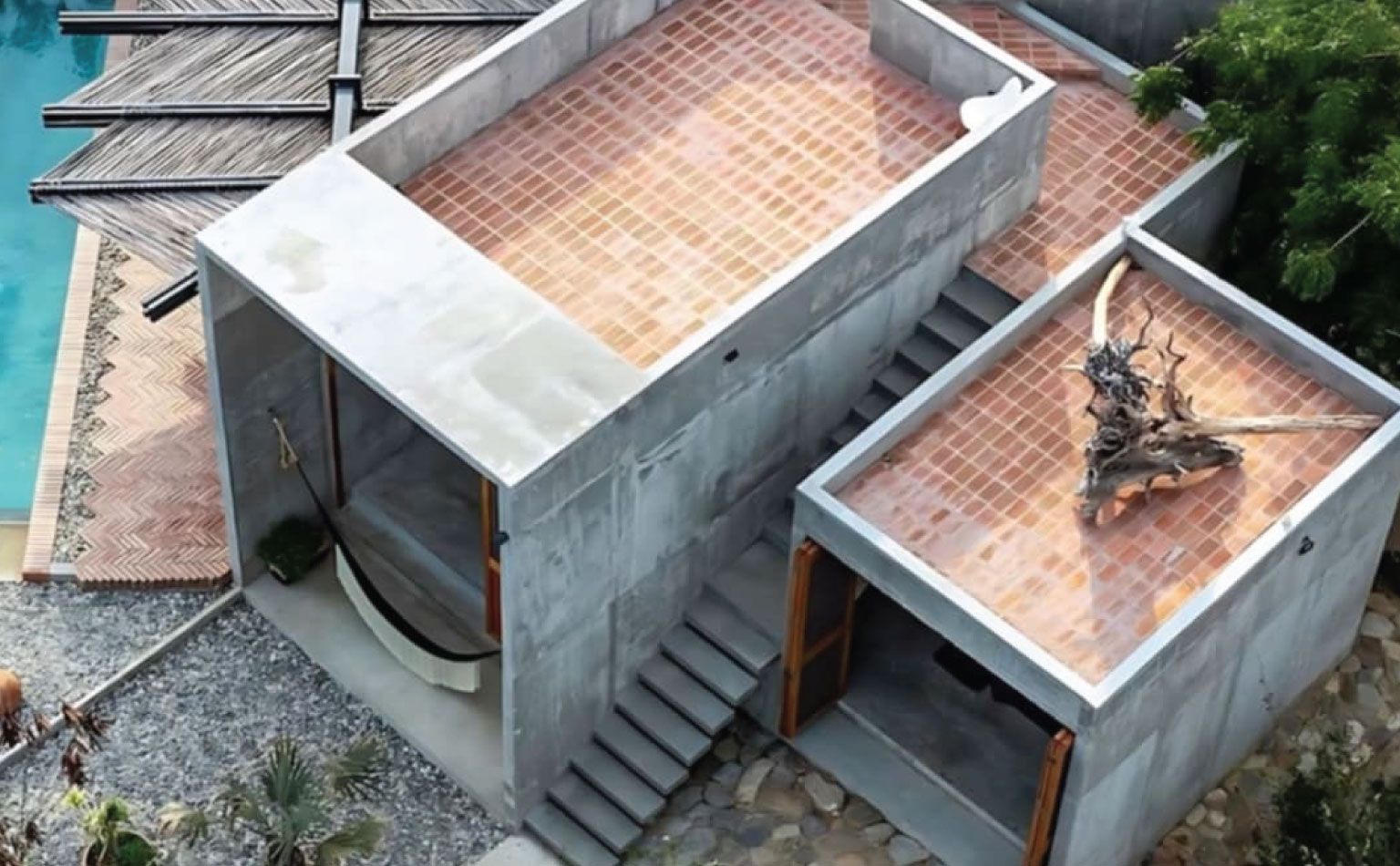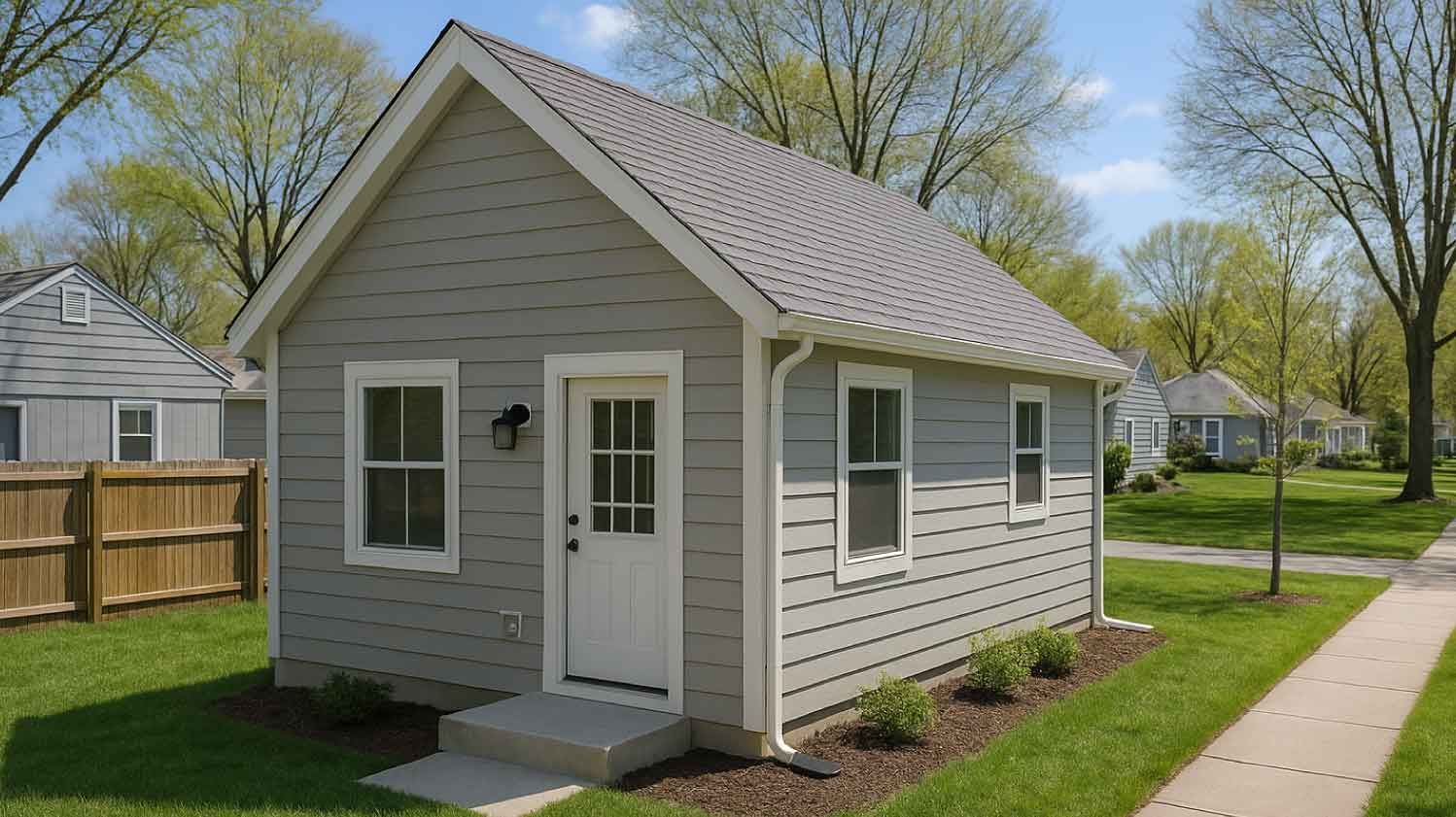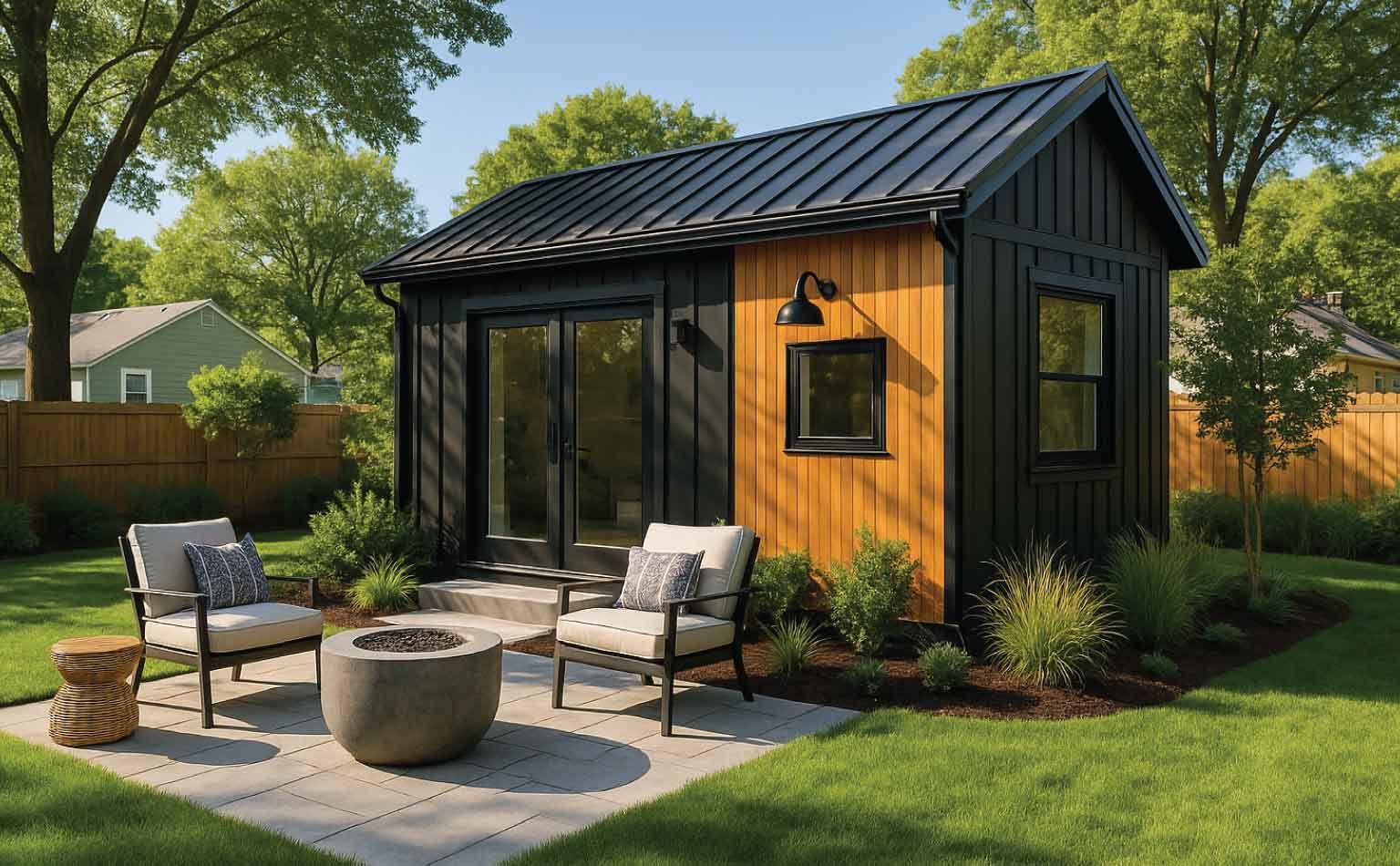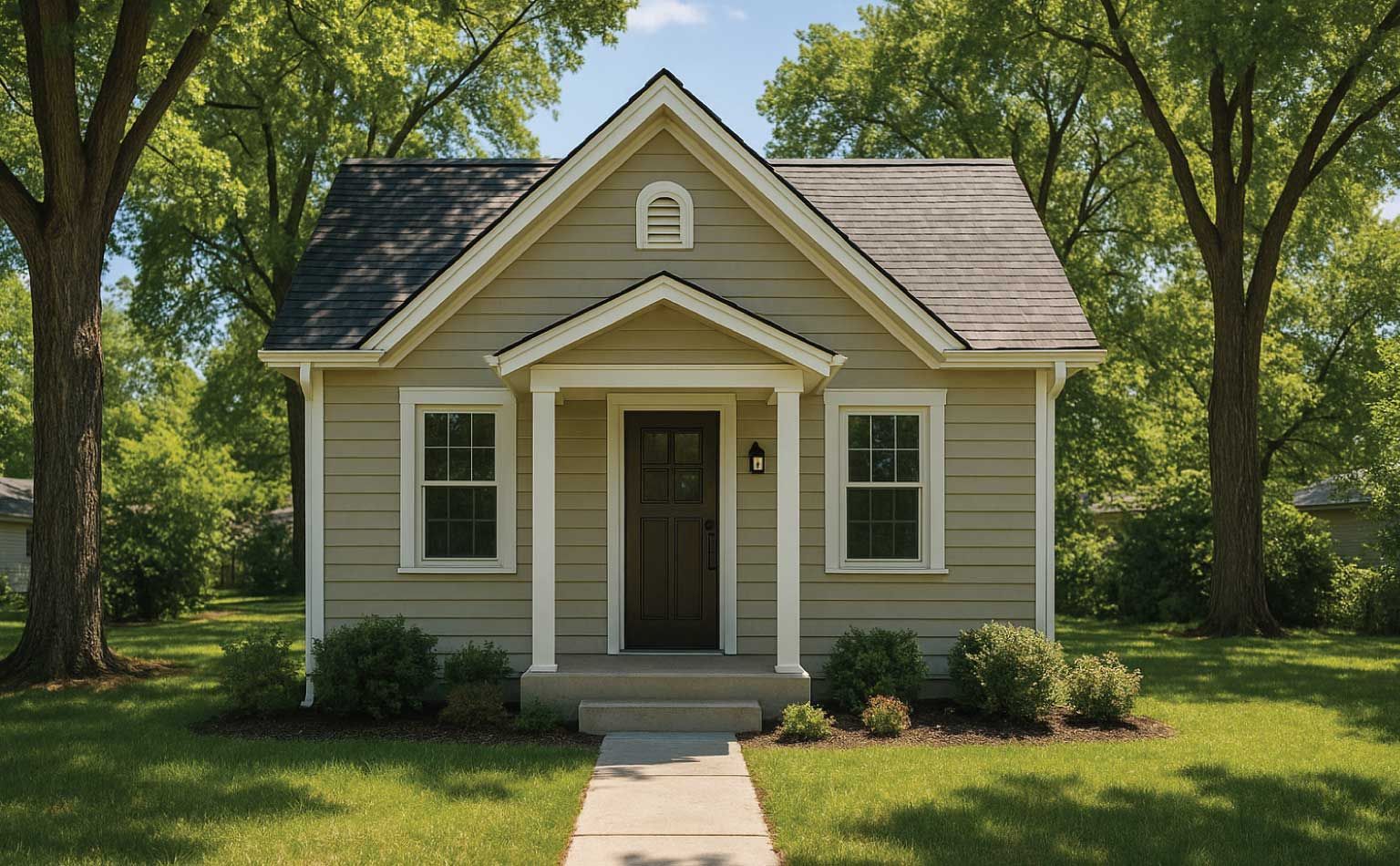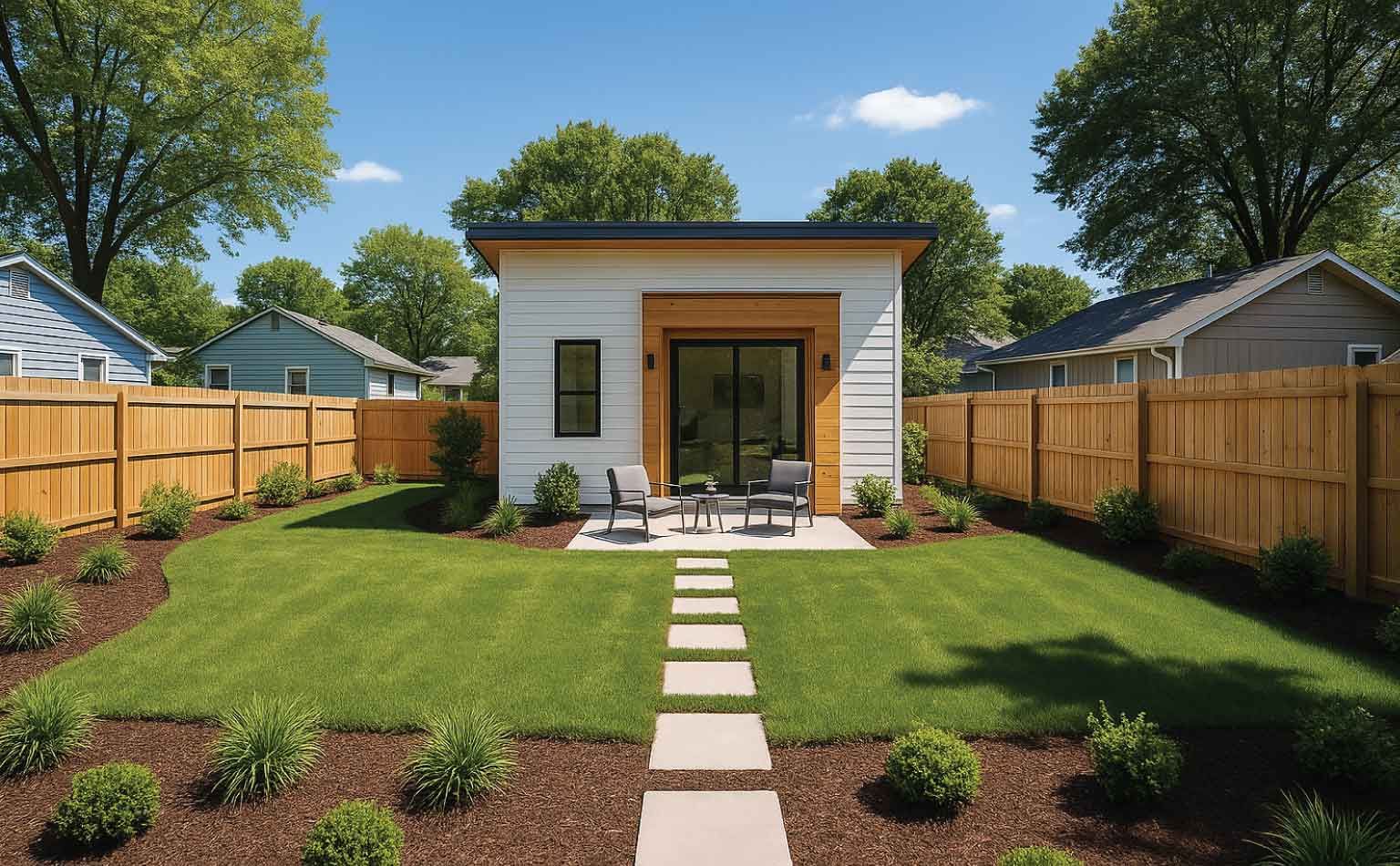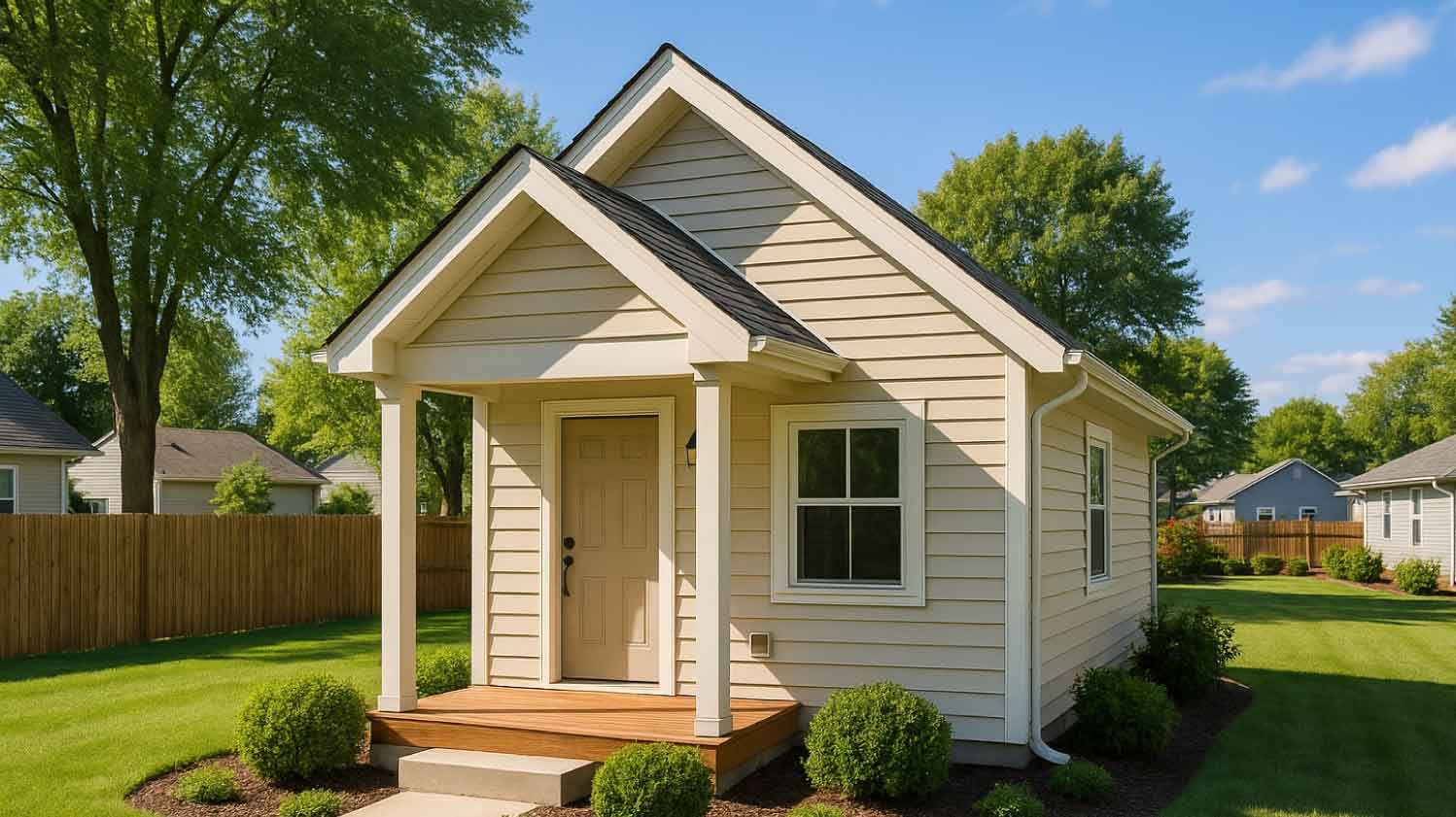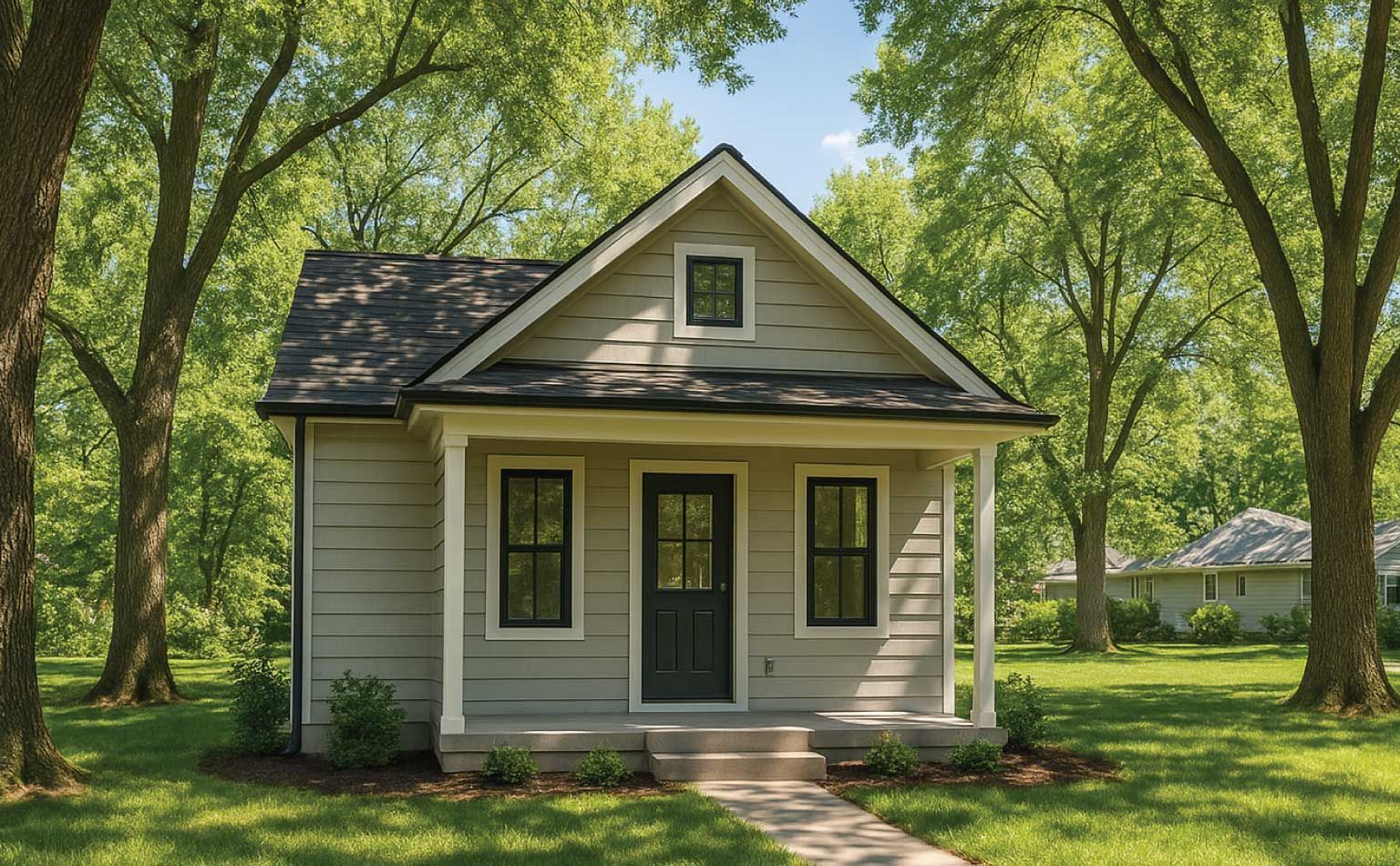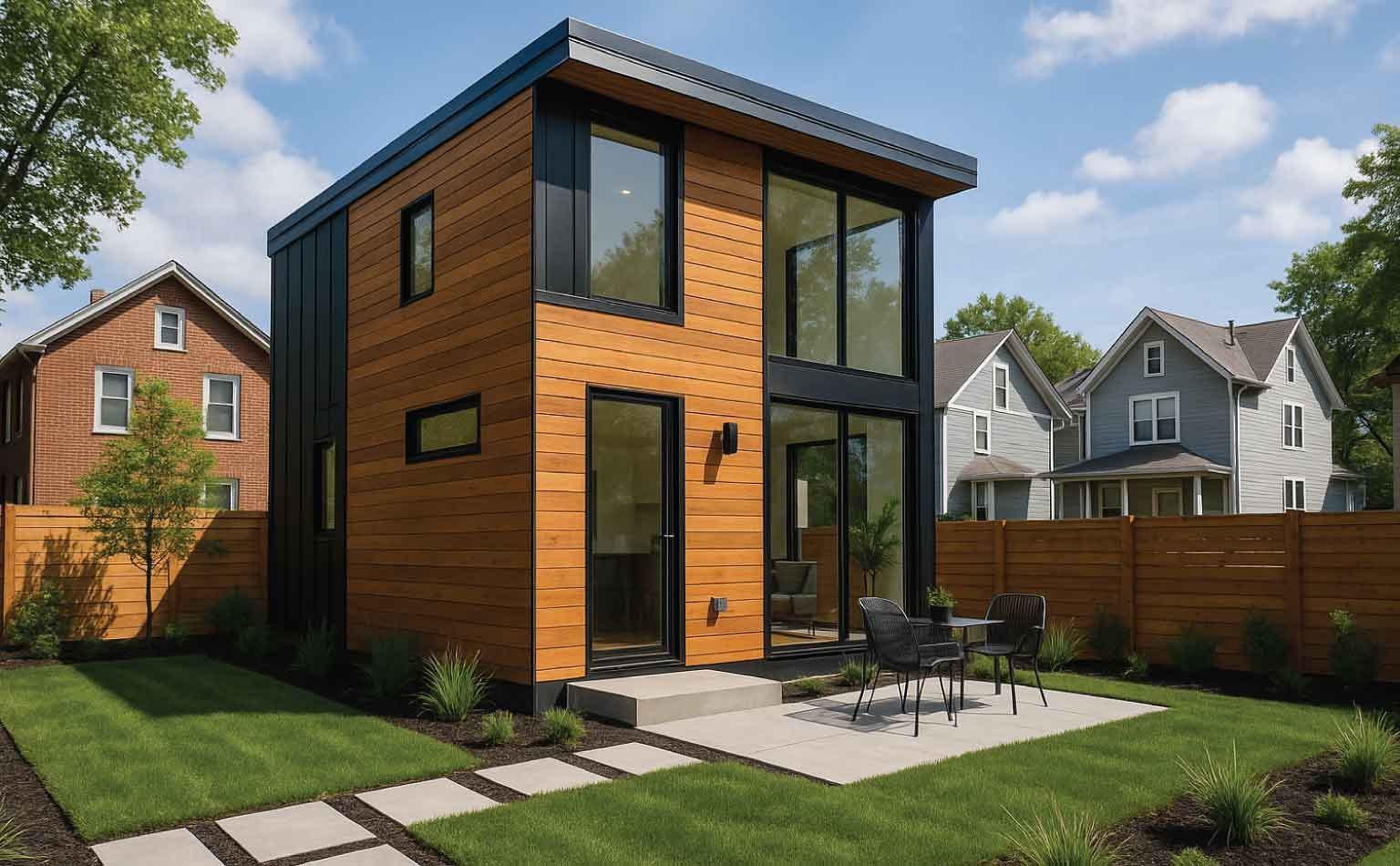Navigating Legal Considerations and Zoning Laws for Placing Tiny Houses
Julian Gomez • June 2, 2024
Navigating Legal Considerations and Zoning Laws for Placing Tiny Houses

Placing a tiny house requires careful consideration of legal and zoning regulations to ensure compliance and avoid potential issues. Here’s a comprehensive guide to help you navigate these complexities:
1. Understand Zoning Laws
- Zoning Districts: Verify if your property is in a zoning district that allows tiny houses. Some areas may have specific zones where tiny homes are permitted, such as single-dwelling zones (RS40, RS10, etc.) [3].
- ADUs and Tiny Houses on Wheels: Determine if your tiny house will be considered an accessory dwelling unit (ADU) or if it's on wheels, as the regulations for each can vary significantly.
2. Compliance with Building Codes
- Building Permits: Obtain necessary building permits before construction. Requirements can differ based on whether the tiny house is on a foundation or mobile.
- Construction Standards: Ensure your tiny house meets local building codes, which may include specifications for room sizes, ceiling heights, and safety features [2].
3. City Regulations
- Local Ordinances: Check local city ordinances for any additional regulations that may affect where you can place your tiny house. Some cities have unique rules regarding tiny house placement.
- Conditional Use Permits: In some areas, you may need a conditional use permit to place a tiny house on your property, especially if it's outside standard residential zones [6].
4. Consult with Authorities
- City Planning Departments: Engage with local planning departments early in the process to understand all requirements and ensure compliance.
- Legal Advice: Consider consulting with a legal expert specializing in real estate or land use to navigate complex regulations and avoid legal pitfalls.
5. Resources and Community Support
- Online Resources: Utilize online guides and forums for up-to-date information and community support. Websites like Great Lakes Tiny Home and others provide valuable insights into the specific requirements for tiny houses in various locations.
- Local Advocacy Groups: Connect with local tiny house advocacy groups who can offer advice and support based on their experience with local laws and regulations.
By following these steps, you can ensure your tiny house project is legally compliant and set up for success.

